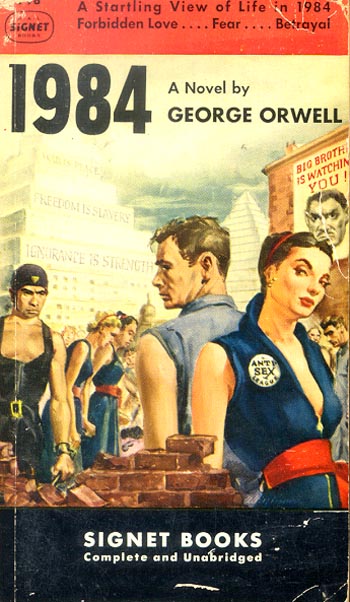Seven Shocking Gitmo
Revelations from WikiLeaks
By Kase Wickman
Beaver County Peace Links via Raw Story
April 25, 2011 - A massive leak of more than 700 military documents, attributed to infamous transparency group WikiLeaks, was released Sunday night. Much of the new information deals with detainees held in Guantanamo Bay, records that begin immediately after the September 11 terrorist attacks and range to 2009, including documents relating to 172 prisoners still held at the controversial detention facility.
Here are seven shocking revelations about Guantanamo Bay and the practices there.
One hundred twenty-seven "high risk" prisoners remain at Guantanamo Bay, but almost as many "high risk" prisoners have been released to other countries or freed, despite being described as "likely to pose a threat." Of the 600 detainees known to have been transferred out of the prison since 2002, 160 fell under the "high risk" categorization, according to NPR. At least two dozen transferred "high risk" prisoners have been linked to terrorist activity since their Gitmo exit, including two Saudis who became leaders of al-Qaeda in the Arabian Peninsula.



 By Jon Walker
By Jon Walker 






